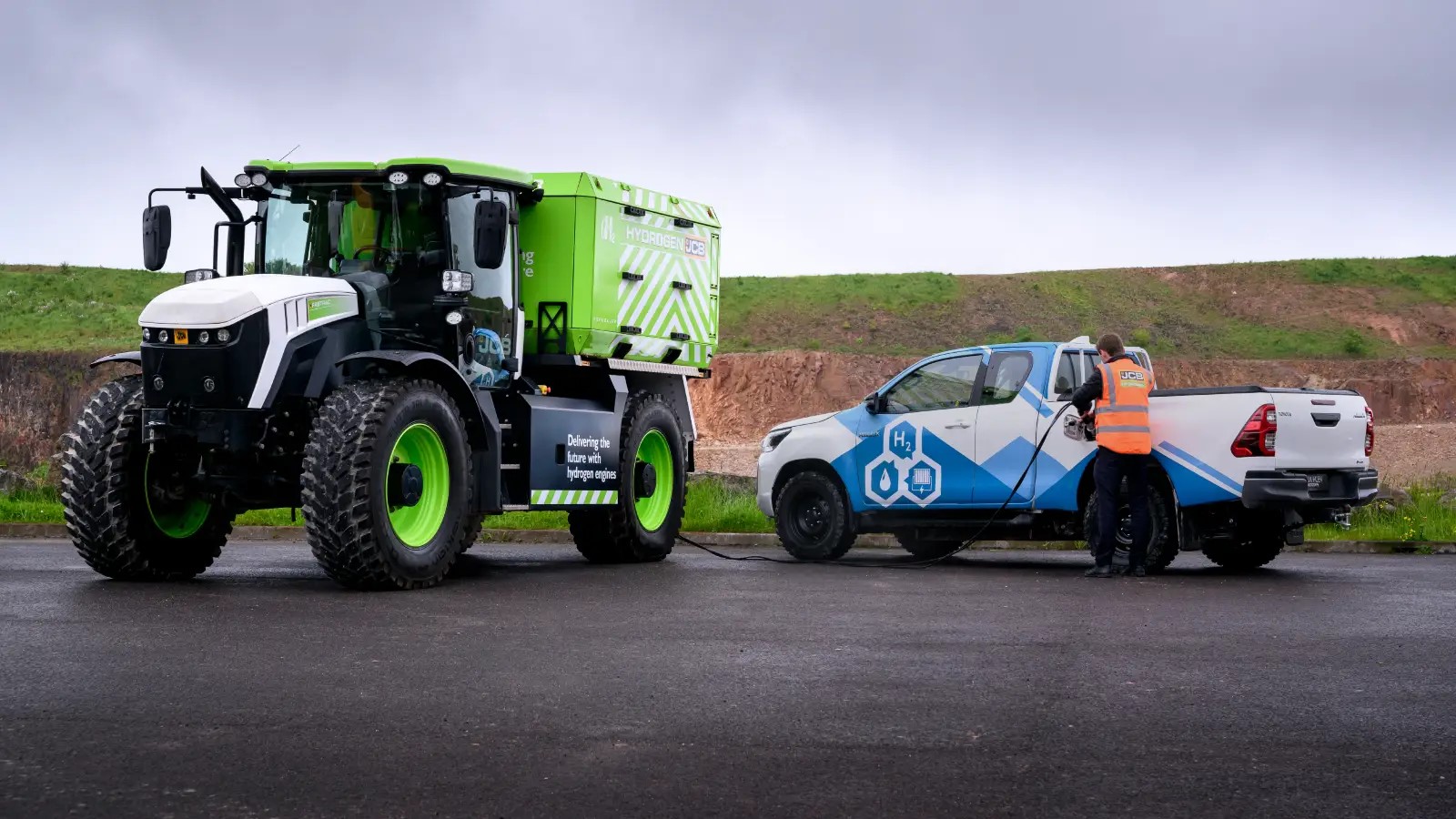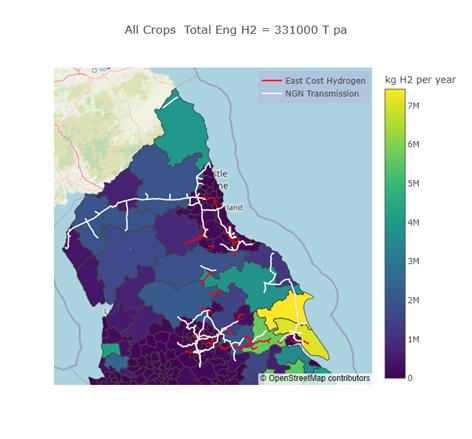
EIC H2 Farm of the Future
Case Study
Project Overview
Cenex partnered with the Royal Agricultural Society of England (RASE) in response to a market enquiry by Northern Gas Networks (NGN) through the Energy Innovation Centre (EIC), on understanding the possible medium-long term demand for hydrogen in agriculture.
The Challenge
The UK Government’s plans for decarbonising road vehicles, which include some of the smaller vehicles used by farmers, are clear. However, the decarbonisation strategy for larger agricultural non-road mobile machinery (NRMM), such as tractors, is less defined and is currently being evaluated by the Government. Policy intervention will likely be necessary to achieve decarbonisation in alignment with the UK’s climate ambitions.
Hydrogen is one alternative that offers potential as a low or zero emission farm energy source. The agricultural use cases considered in this study were:
- Agricultural machinery
- Heating
- Hydrogen production & storage.
The barriers that must be overcome for hydrogen to achieve widespread usage in agriculture include:
- Cost, availability and maturity: at present hydrogen technologies are relatively immature and produced at low volumes which means they are considerably more expensive than diesel equivalents.
- Cost and availability of clean hydrogen: emission savings from hydrogen depend on whether CO2 is emitted, and the source of the energy used, during its production. For true zero emission operation, green hydrogen must be used.
The Development
The study focused on hydrogen technologies that are either already market-ready or approaching market readiness (TRL 6+). The research modelled the potential use of these technologies in heating and agricultural machinery from 2030 to 2050. Drawing on over 20 years of expertise in hydrogen, Cenex conducted thorough research into farming practices and hydrogen supply chains. They engaged with technology providers and end users, and mapped out potential pathways for adoption based on the financial competitiveness of hydrogen compared to diesel and gas.
The modelling assessed how changes in fuel availability, policy, and technological readiness could impact the role of hydrogen in agriculture.
Modelled 2050 potential uptake of hydrogen in agriculture across the NGN region, showing the location of the NGN pipeline network and the proposed East Coast Hydrogen network.
The Result
Analysis of the financial attractiveness and technical viability of hydrogen in agricultural use for heating and machinery based on the price of, and availability of, hydrogen compared to that of gas and (red) diesel, showed that:
- Pipeline-delivered hydrogen is likely to become a financially competitive fuel for protected horticultural heating from the late 2030s onwards.
- The business case for the use of hydrogen in agricultural machinery is less clear, and will depend on:
- The cost and technology readiness of applicable hydrogen technologies, particularly hydrogen internal combustion engines,
- The medium-long term availability of (red) diesel, and
- The cost and performance of biomethane and electricity as alternatives in each application.


